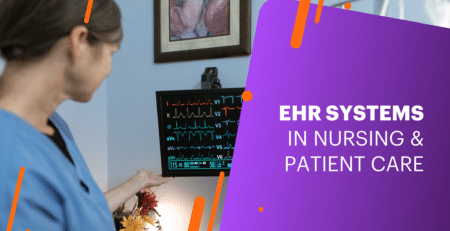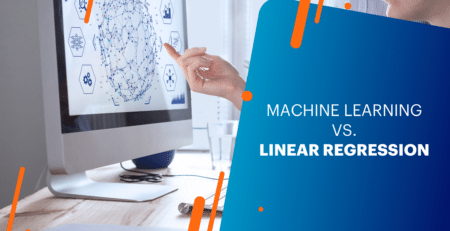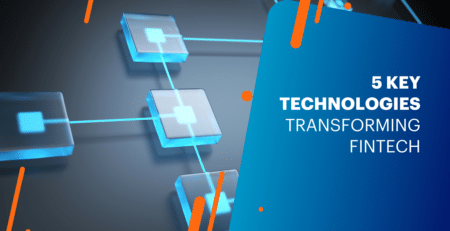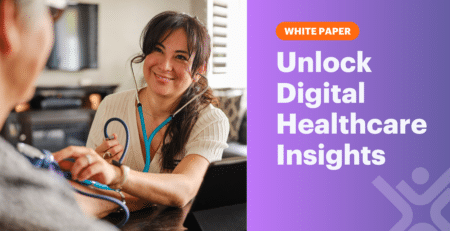Big Data in Healthcare
Healthcare is no longer just about doctors and hospitals—it’s about data, too. With every visit, prescription, or wearable device, healthcare generates an overwhelming amount of information.
Let’s break it down.


Blog
7 Ways Big Data Is Revolutionizing Healthcare
Healthcare is no longer just about doctors and hospitals—it’s about data, too. With every visit, prescription, or wearable device, healthcare generates an overwhelming amount of information.
Let’s break it down.

Imagine if your smartwatch could detect a health issue before you even feel it.
That’s the promise of big data in early disease detection. By analyzing information from electronic health records (EHRs), wearables, and even social media posts, algorithms can find patterns that might signal trouble.
For example, heart disease doesn’t happen overnight.
Data from fitness trackers or blood pressure monitors can help spot early warning signs.
Sure, it sounds futuristic, but this kind of predictive care is already saving lives. Personally, I love the idea of technology acting as a 24/7 health guardian, catching problems before they turn into emergencies.
One-size-fits-all doesn’t work for shoes, and it definitely doesn’t work for healthcare.
Big data is turning the tide toward treatments tailored specifically to you. Whether it’s adjusting medication based on your genetic makeup or creating diet plans to match your health history, the possibilities are endless.
For instance, in cancer care, data helps identify which treatments work best for a patient’s unique genetic profile.
This isn’t just good science—it’s compassionate care. It makes me think about how much more humane medicine becomes when it’s about you as a person, not just a diagnosis.
Hospitals are like small cities, juggling dozens of tasks at once. From predicting patient admissions to managing staff schedules, big data ensures everything runs smoothly. Have you ever wondered how hospitals stay prepared for flu season?
It’s data at work.
During COVID-19, big data proved its worth by helping hospitals predict patient surges and manage limited resources.
I was in awe of how some healthcare systems handled chaos with such precision. It’s a great reminder of how behind-the-scenes tech can directly impact lives.
Chronic conditions like diabetes or hypertension can be overwhelming for patients and doctors alike.
Big data simplifies this by continuously monitoring patients through devices like glucose monitors or fitness trackers.
What’s amazing is how real-time updates can lead to immediate adjustments in care.
For example, a smart insulin pump can tweak dosages based on blood sugar levels sent from a wearable.
It’s almost like having a mini doctor in your pocket! I find this particularly reassuring, knowing that data helps people live healthier, more independent lives.
Raise your hand if you’ve used telemedicine recently.
Big data is the backbone of this growing trend, making virtual visits as effective as in-person care. It’s not just about convenience; it’s about expanding access to people who live far from hospitals or specialists.
During the pandemic, telemedicine became a lifeline, and big data ensured doctors could still provide top-notch care with real-time patient data from wearables or apps.
Remember the chaos at the start of COVID-19? Big data played a starring role in making sense of it all. Governments and healthcare systems used it to track virus spread, predict hotspots, and allocate resources like ventilators and PPE. It even sped up vaccine development by analyzing global research data at lightning speed.
This isn’t just fascinating—it’s hopeful.
Big data gave us tools to fight back smarter and faster. It’s like having a playbook for the next crisis. And let’s face it, we’ll need it.
With all this data flying around, privacy becomes a hot topic. How do we balance using data for good while keeping personal information secure? It’s tricky, and the healthcare industry is still figuring it out.
For me, this is where trust comes in.
As amazing as big data is, transparency about how it’s used is essential. Patients need to feel confident that their data is helping, not harming. While it’s a challenge, I believe it’s a solvable one—and worth tackling.
Big data might sound like something only tech folks should worry about, but it’s reshaping healthcare in ways that touch all of us.
Whether it’s catching diseases earlier, improving treatments, or making healthcare more accessible, the impact is enormous.
Sure, there are hurdles, but the benefits are too big to ignore.
As technology advances, big data will become even more integrated into healthcare. The question is: How do we ensure it benefits everyone equally?
From developing new tools to addressing privacy concerns, there’s still work to do.
But one thing’s clear—big data is here to stay, and it’s already making our world a healthier place.
If this topic piqued your interest, check out this comprehensive guide or this insightful review for a deeper dive. Let’s keep the conversation going—because the future of healthcare is in all our hands.


I’m a Solutions Architect passionate about using the latest technology to design and build web and mobile systems that solve real business challenges. When I’m not consulting on technology or managing offshore development teams, I enjoy traveling to new places, sharing my love of Romania, and even baking bread between meetings. I specialize in delivering complete, end-to-end solutions that help companies thrive.

Synergo Group partnered with Magnusmode to build MagnusTeams.

IoT in healthcare is revolutionizing personal care with remote monitoring and non-invasive diagnostics.

Machine learning goes beyond linear regression, involving more complex models.

Big data has the power to change how we approach health, making care more predictive.

Hoow AI can boost healthcare by improving diagnosis and optimize treatment.

Scaling deal volume without increasing headcount using invisible AI agents.

AI and embedded finance are changing banking and payments, making services faster, smarter, and more accessible.

Five fintech technologies reshaping financial services.

Learn how novel solutions are redefining the healthcare landscape and why you should download the full report.
